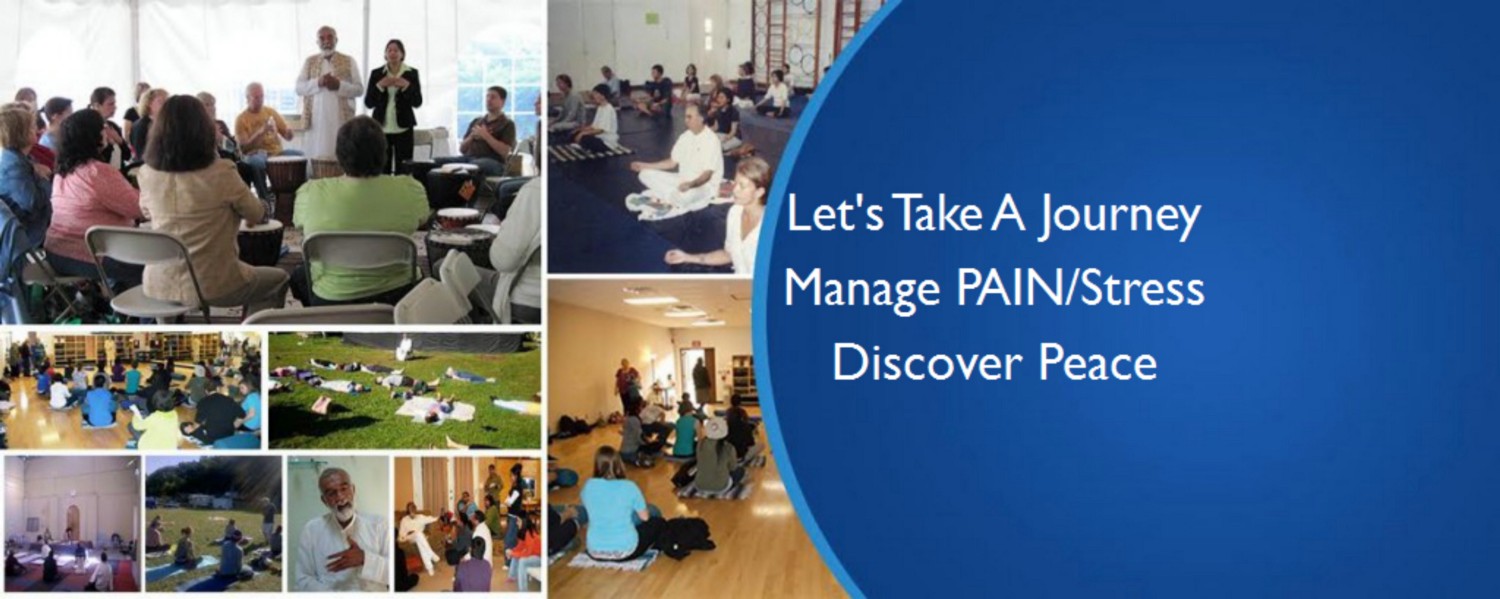The meaning of the word “Mindfulness’’ in English has changed now
The word ‘mindfulness’ is a fashion word
How many times you hear the word — mindfulness. May be 100 times daily at work, at home, from friends and relations.
And, of course, people may not know the meaning of the word, still, they use it
Be mindfulness of
– Eating
– Talking
– Breath
– Body
What about meditation instead of mindfulness or vice-versa
Many students who attends my classes on mindfulness / meditation, start talking, how they both are different. Why they like mindfulness and not meditation? For a person like me, who dedicated more than 38 years of life in learning mindfulness or meditation, seems strange and superficial.
You know, mindfulness from Buddha …Really
Then people prove that mindfulness is associated with Buddha and Buddhism. The meditation is different from mindfulness. It is effortless and natural. One expert of mindfulness sent message on Facebook, that the practice is effortless and natural. How a practice can ever be effortless? Let’s get to the basics

The word — mindfulness in European languages
The word — mindfulness, existed in English language, -mindfulnesse in French. Perhaps, it is derived from word ‘men’ to ‘mind’ to ‘mindful’ (Latin). The word, ‘mind’ literally means to remember, to recollect (1400 BC), to perceive (1500BC) , be careful about (1750 BC) , to take of, to look after (1690 BC).
Mindful meant — of good memory, of recollecting something or someone
How the word — mindfulness meant practice or state of meditation
A scholar of Pali language, Thomas William Rhys David’s (1842–1922) translated the seventh of eighth fold noble path as mindfulness
The words ‘Samana sati’ in Pali and ‘Smriti’ in Sanskrit literally means — memory, recollecting, self-remembering.
Therefore, he said — it is right mindfulness or correct meditation.
Daniel John Gingerly (1845) made clear reference to eastern wisdom
What is eastern wisdom? All about mindfulness / meditation
Eastern wisdom is 6000 years old originated in India. The master-disciple tradition aims at discovery of the subjective reality or our true nature or real-self. The tradition has more than 3000 teachers and texts. The earlier masters discovered principles and practices of mindfulness / meditation. Later every master followed the same fundamentals but personalized the practices for their students. Because not a single size fits all, master often gave different practices to different students.
Any definition of mindfulness or meditation, should aim at discovery of subjective reality
According to eastern wisdom, goal of human life is self-discovery. The self is the subjective reality i.e. absolute-existence — consciousness –bliss or the state of mindfulness or being. The great master Kapila says, ‘mindfulness is a state devoid of any content in the mind.’ Patanjali, another master says, uninterrupted flow of awareness, free from interruption of the mind, awakens one to real-self.’
All definition should confirm that it aims at discovery of the subjective reality — otherwise, it is not a right practice.
A student exclaimed, “Master, I experience ‘nothingness’, I attained Nirvana.”
Master smiled and asked the student, “very good, my son, who knows within you, that you have attained Nirvana. Who knows within you that you are experiencing — nothingness? ‘
Know thyself ……mindfulness ….meditation
Today live — group session — Layman’s guide to mindfulness
(Note: Read disclaimer at www.girishjha.org before listening and learning. It is advised not to practice without the supervision of a live teacher. The audio file is for understanding the principles of eastern wisdom)
Originally published at medium.com


